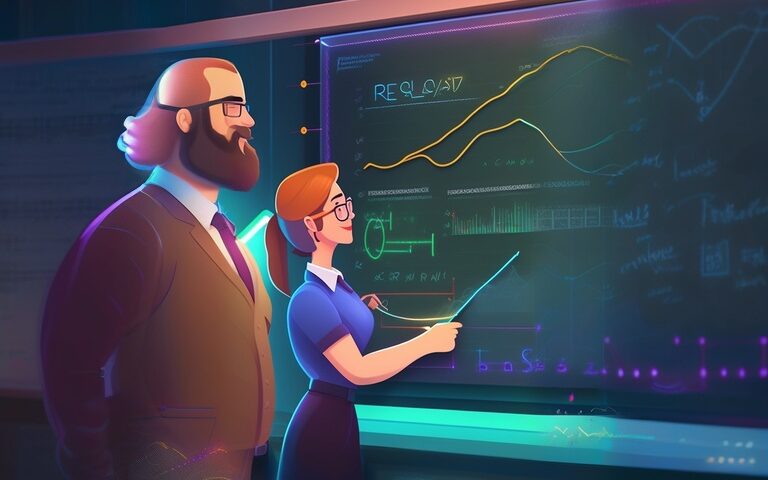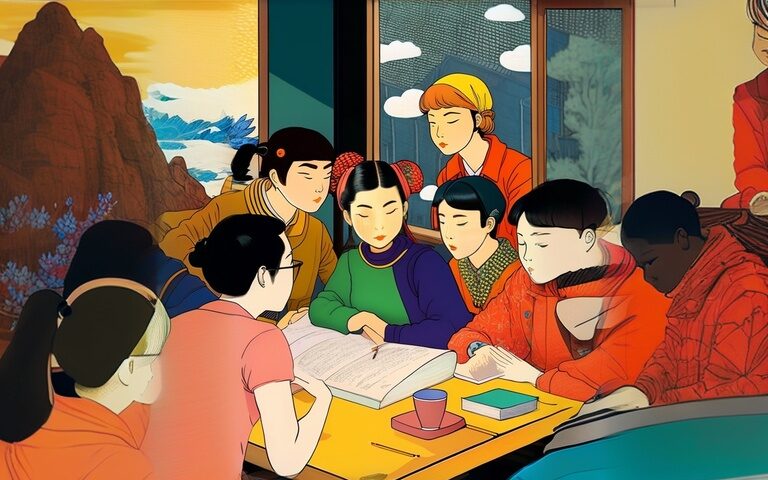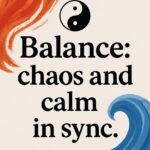As human beings, we have an intrinsic need to share our knowledge and experiences with others. Whether it’s through teaching, mentoring, or simply offering advice, we all have something to offer.
However, what happens when we realize that we may not actually know as much as we thought we did? What do we do when we come face to face with our own limitations and realize that we too have much to learn?
The Paradox of Teaching and Learning
The act of teaching is often seen as a noble pursuit, and for good reason. Sharing knowledge and helping others to grow is a powerful way to make a difference in the world. However, the act of teaching is also fraught with paradoxes. For example, the more we teach, the more we realize how much we don’t know. The more we try to help others, the more we realize how much we need help ourselves.

This paradox can be both humbling and empowering. It reminds us that we are never truly “experts” in anything, and that there is always more to learn. At the same time, it can be frustrating and daunting, as we struggle to come to terms with our own limitations.
Embracing Our Humility
One of the most important lessons we can learn from this paradox is the importance of humility. Rather than pretending to know everything, it’s far more productive to acknowledge our own limitations and embrace our humility.

This not only makes us more relatable and approachable as teachers, but it also creates an atmosphere of openness and vulnerability, which can be incredibly powerful in helping others to learn and grow.
Cultivating a Growth Mindset
Another key lesson we can learn from this paradox is the importance of cultivating a growth mindset. Instead of seeing our own limitations and the limitations of others as fixed and unchangeable, we can instead approach them with a sense of curiosity and a willingness to learn.

This means embracing challenges, seeking out new experiences, and being open to feedback and critique. By doing so, we can create a culture of continuous learning and improvement, both for ourselves and for those around us.
Conclusion
In the end, the paradox of teaching and learning reminds us that knowledge is both limitless and humbling. While we may never know everything, we can still strive to learn, grow, and share our experiences with others.

By embracing our humility, cultivating a growth mindset, and recognizing that we all have something to offer, we can become more effective, more compassionate, and more successful teachers, mentors, and advisors.


